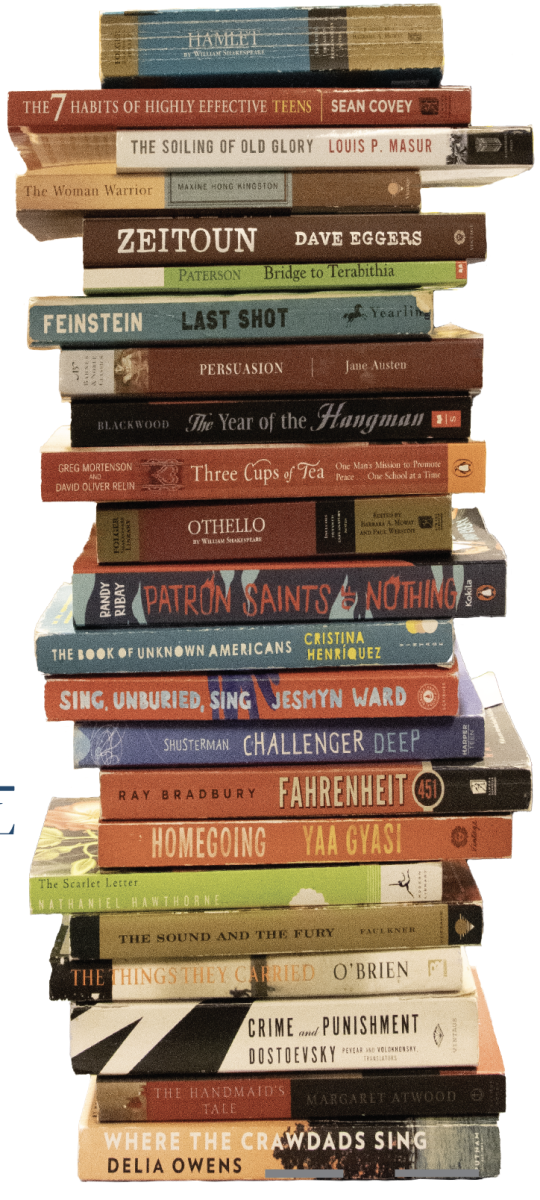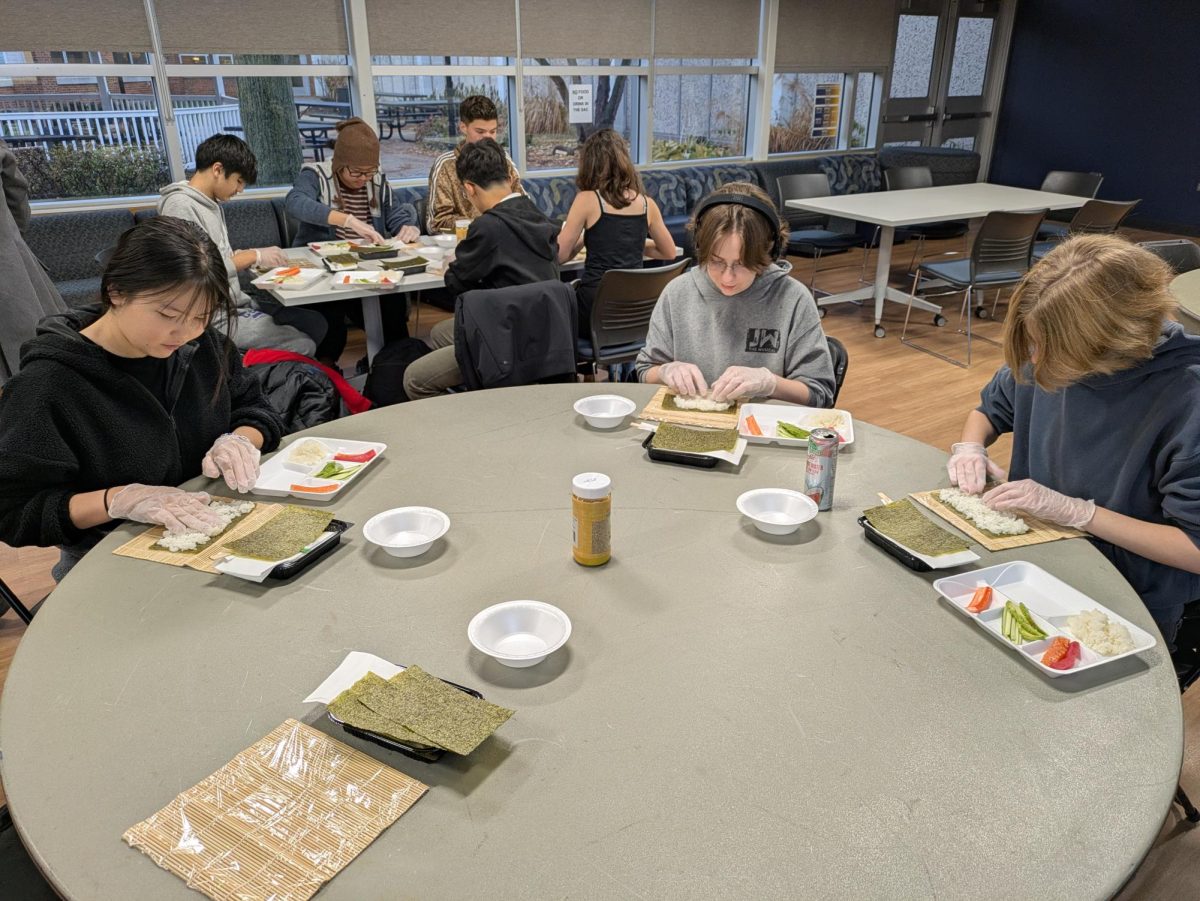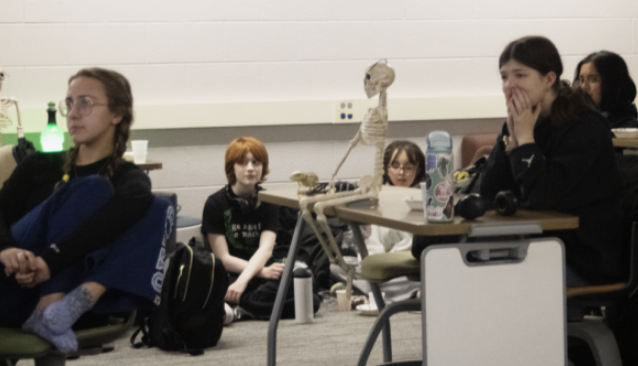This past November, Illinois became the 16th state to take action and legalize same-sex marriage. Illinois governor Pat Quinn described the legalization as “a big step forward”, in an article from abcnews.com. This “big step” has already impacted many South students and members of the LGBTQ community.
Senior Alex Canary, who is openly gay, expressed her excitement about the newly passed law.
“I’m excited that under the eyes of the law at least, we are recognized as equals — well, in society perhaps that’s not the same, there’s still a ways to go — that we are equal under the law is at least something,” Canary said.
Similar to Canary, Tony Vivacqua, openly gay equal rights activist who plans on moving from Indiana to Illinois in order to marry his partner of 11 years, was extremely surprised when he heard about the law. Having been an activist for equal marriage his entire life, Vivacqua was elated that Illinois had finally embraced the equal marriage law. The surprise, Vivacqua said, came from many years of not even being able to imagine a society where the LGBTQ community was accepted.
“When I was 16, you never even talked about being gay,” Vivacqua said. “It was just hidden, it didn’t exist. There was barely anything on television of a gay character. It was a whole different world for me when I was 16. There was nothing at all that was supportive or helpful in any way.”
According to Vivacqua, he is extremely excited to see how the law affects the upcoming generations.
“[This] generation is the first generation where gay or straight doesn’t matter,” Vivacqua said. “It’s not something separate, it’s not something different or shocking or strange. [This] generation is like, ‘Why is this even an issue? What do you mean people can’t get married? Of course they should get married.’”
Junior Fiona Smialek was also excited about the implications of the new law. Although her two gay uncles have not decided to get married, even though it is now legal, she said they both were extremely happy about the effect it will have on the lives of other members of the LGBTQ community. Not only does the law just allow people who are LGBTQ the right to marry, it also shows the LGBTQ community that they are accepted, she said.
The new law represents a shift in society’s mindset Peter James*, a junior at South who is not openly gay, explained. When first hearing about the law, James expressed mixed emotions.
“My reaction when hearing about the gay marriage law was by and large very positive,” James said. “While I don’t wish to be negative, I was also slightly sad that it was so controversial. I wonder sometimes: why did it take this long?”
Although upset by how long it took society to accept the idea of same-sex marriage, James expressed feelings of excitement about his future.
“I am really excited, whether I decide to marry another guy being beside the point, that I have the opportunity to have an official label the same as my societal peers,” James said. “The passage of this law is the start of what I hope to be a history of creating understanding and accepting between straights and gays that we have far more in common than we do differences.”
This law may mark new and stronger acceptance for the LGBTQ community, but according to Canary, South has been an accepting community for her entire high school career.
“I’ve never received any negative comments from anyone,” Canary said. “Even when walking in the hallways holding hands with my girlfriend or going to prom with my girlfriend. I think the majority of people [at South] either support gay marriage or are at least accepting, or tolerant of gay people.”
Although junior Eleni Trapp has nothing against the LGBTQ community, she expressed her feelings of disappointment in a Facebook post on Nov. 5 after first hearing about the passed law. In her post, Trapp declared that she believed marriage should be between a man and a woman and that she did not support the legalization of equal marriage in Illinois.
“From posting just two lines, I got over 100 comments from people supposing themselves to be more open-minded than me,” Trapp said. “I think a lot of people are scared to say they don’t support gay marriage because they’re afraid of seeming old-fashioned or close-minded, so they go along with it. And I think that’s happening all over the country: more states will pass gay marriage laws in order to keep up with the times.”
According to Vivacqua, he recognizes that there are still people who are against equal marriage, which is why he believes there is still a ways to go.
“The work is never done but this is a major step in making sure that everyone gets treated fairly under the law,” Vivacqua said. “As far as the people that don’t like it, then they don’t have to worry. They won’t get an invitation to my wedding.”
*Name has been changed







